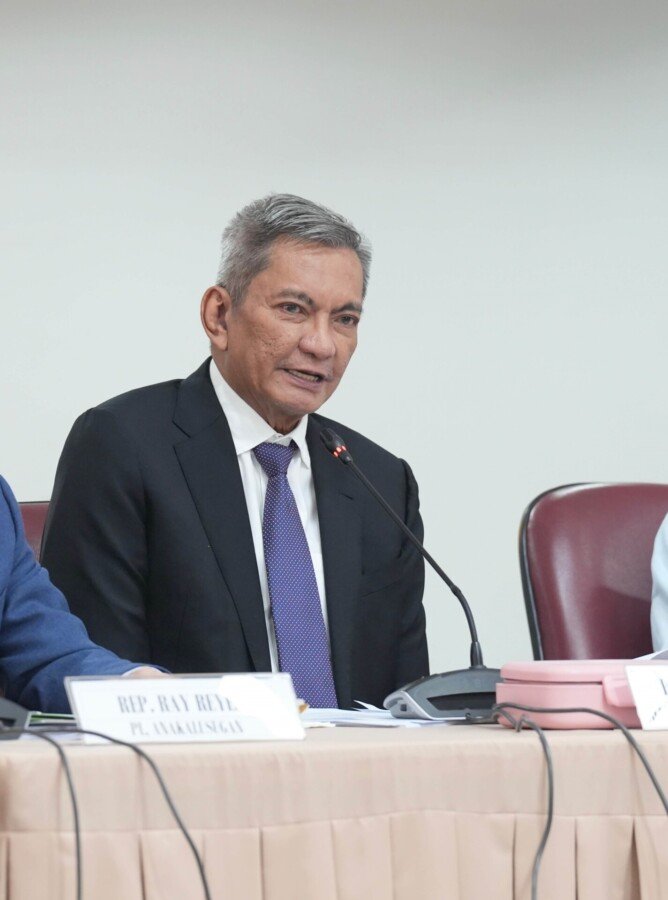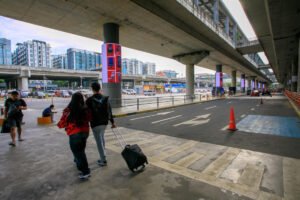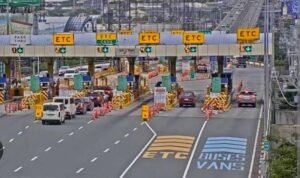
ALBAY 2nd District Representative Joey Salceda has called for an investigation into what he described as the “single largest incident of mass-scale price manipulation” in the Philippines, referencing alleged collusion in the rice sector from 2016 to 2018.
The lawmaker said the scheme forced the government to implement rice tariffication in 2019 and inflicted significant financial harm on consumers.
Salceda, who also chaired the House Ways and Means committee, estimated that consumers lost as much as ₱88 billion in 2018 alone due to inflated rice prices and a staggering ₱163.6 billion over the three-year period.
He described the manipulation as “highway robbery by a privileged few” who allegedly controlled rice imports during that time.
Signs of a Cartel
According to Salceda, the groundwork for the price manipulation was laid when the private sector was allowed to dominate rice imports in 2016 and 2017—only the second time this had happened since 1990. By 2018, as much as 89% of rice inventories were controlled by commercial traders, creating an environment ripe for cartel-like behavior.
He also criticized the National Food Authority (NFA) under former administrator Jason Aquino for failing to stabilize rice prices. Salceda accused the NFA of redirecting ₱5 billion meant for palay (unhusked rice) procurement to settle loans instead. This, he said, effectively left the market in the hands of private players.
Adding to the controversy, Salceda pointed out that some senators had accused NFA officials of accepting bribes in exchange for granting import permits, which enabled select players to dominate the market.
The modus operandi was simple but effective: imports were cornered, private stocks were hoarded, and prices were allowed to skyrocket,” he said. “It doesn’t take a genius to see that the resulting price crisis was deliberately concocted.”
Calls for Accountability
Salceda expressed frustration that promises to hold perpetrators accountable remain unfulfilled. He urged the Department of Justice (DOJ) to disclose whether cases have been filed against those involved.
We can prod the justice system to investigate and prosecute. And we can use our subpoena powers to aid in the buildup of evidence,” he said.
However, Salceda emphasized the importance of addressing systemic issues to prevent similar incidents. “Are the same people who were involved in this mess still in the rice trade? Is there anything we can do to finally break this network down?”
Persisting Concerns
Salceda warned that current trends in rice prices indicate the possibility of continued collusion.
Despite a 14% drop in global rice prices and a tariff reduction from 35% to 15%, local retail prices have increased by 9% year-on-year. “That is impossible without cartel-like behavior,” he said.
While retail prices have slightly decreased by 40 centavos per kilo since July, Salceda argued that this reduction is far from sufficient. He suspects that many of the “bad actors” from the 2016-2018 crisis remain active in the rice trade.
To address the issue, Salceda called for better implementation of the Anti-Agricultural Smuggling Act and additional measures to dismantle cartels. “We need to ensure that this scheme never happens again. The public has suffered enough,” he concluded.
The lawmaker’s remarks reignite scrutiny over the country’s rice policies and enforcement mechanisms, as policymakers and law enforcement agencies face renewed pressure to tackle corruption and stabilize rice prices.





